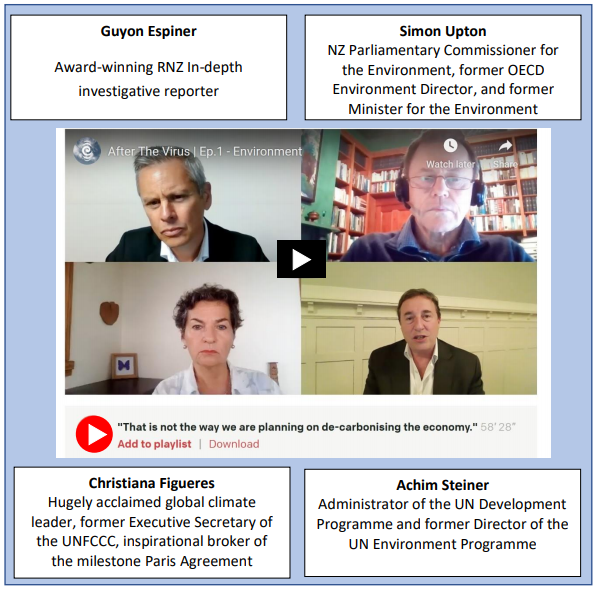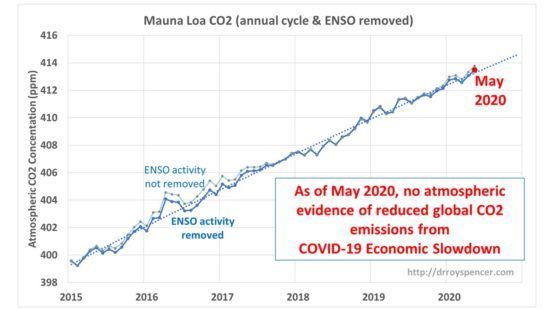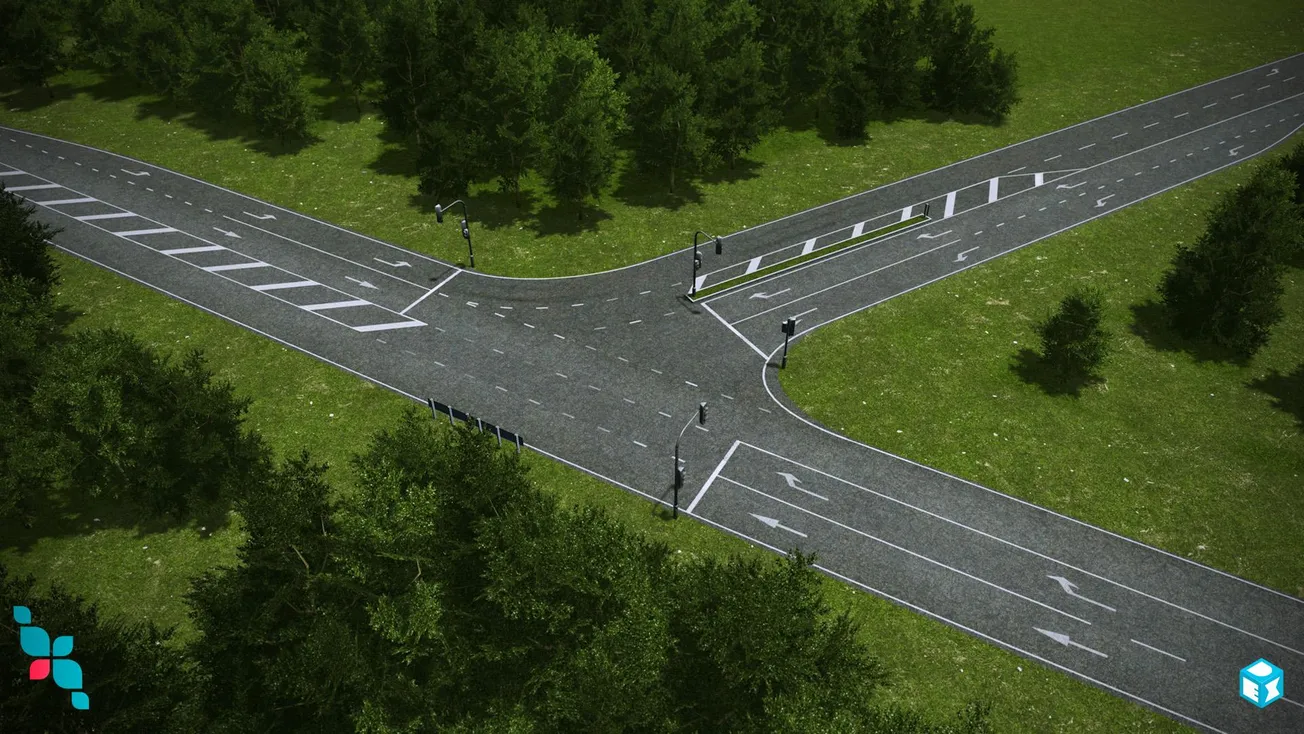Table of Contents
When one assembles a panel of green climate change wombles for an in-depth interview, there is only one possible outcome: “It’s worse than we thought!”

Guyon Espiner conducted an in-depth interview with Simon Upton, NZ Parliamentary Commissioner for the Environment; Christiana Figueres, “hugely acclaimed” global climate leader, former Executive Secretary of the UNFCCC, inspirational broker of the milestone Paris Agreement; and Achim Steiner, administrator of the UN Development Programme and former Director of the UN Environment Programme.
The video of this interview is 57 minutes long and I confess, I did not consider listening to it all was a worthwhile use of my time. Instead I read the highlights as recorded by RNZ.
Poor dear Christiana. After working so hard to get everyone to sign up to the meaningless 2015 Paris Accord, she has been sidelined by a virus and now says:
“The $10-20 trillion being spent on economic recovery packages around the world would not be repeated.”
“We thought this was the decisive decade for climate change. No. Forget it. This is it,” she said.
“Those 10 years that we thought we had have now been shrunk into basically anywhere between three to 18 months because by the end of those 18 months all the decisions, and in fact most of the allocations of the recovery packages, will have been made.”
Oh noes! Only 3 months to save the planet! (Maybe 18 if we are extremely lucky.)
Figueres said that because much of the world had gone into lockdown the planet had recorded the biggest carbon crash ever, with 2020 emissions likely to be 8 percent down on last year.
Wow, biggest carbon crash ever! That must have made a huge dent in the CO2 levels as measured at Mauna Loa. Lets have a quick look and see what the data says:

Oh dear – never mind.
She said that while this was more than the 7.6 percent drop needed every year this decade in order to avoid dangerous tipping points – the result was not good news.
“It is not good news because the drop in emissions has come at a very, very high human cost. We have lost thousands of lives. We have lost millions of livelihoods. That is not the way we are planning on decarbonising the economy,” she said.
“The responsible decarbonisation of the economy has to be a drop in emissions and an increase in the quality of life of the human population. So this is almost getting to the right destination with absolutely the wrong path.”
Except that we did not get to anything like a “right destination” (where “right” is defined by the alarmist fraternity), we didn’t even change course a smidge. But we sure as anything “lost millions of livelihoods.”
If Ms Figueres spelt out the details of the “right” path, the way to decarbonise the economy “responsibly” without the incredible pain that we have witnessed and of which there is still more to come, this was not recorded in the RNZ report.
I suspect that we can assume there was no such detail given as the next paragraph was:
Figueres said the world was now at an “irreversible T junction” and if nations tried to return to the old normal they would lock in rising emission levels.
We have graduated beyond “tipping points” and are now at an “irreversible T junction.”
Please be sure to indicate.
If you enjoyed this BFD article please consider sharing it with your friends.









